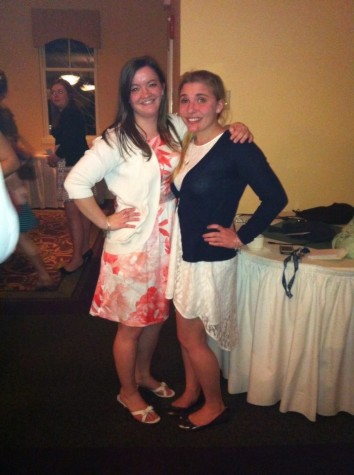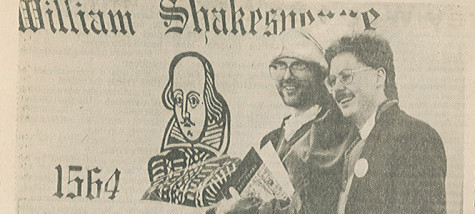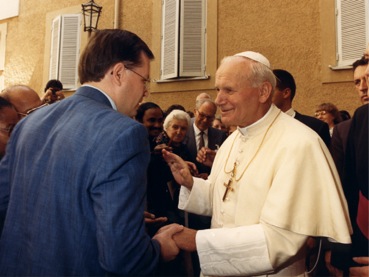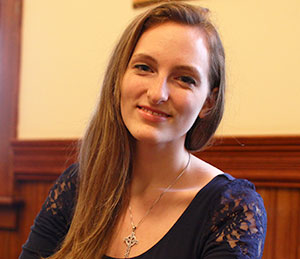Remembering Nelson Mandela, post-apartheid South Africa leader
January 19, 2014
The idea that Nelson Mandela’s death truly resonates among world leaders is patently false. The memorial which took place on Tuesday, December 10th was a politicized mockery of South Africa’s first black president, and saw generic words exchanged by world leaders who were present out of international obligation. The fact that Zimbabwean President Robert Mugabe, a notorious dictator responsible for countless human rights violations, was invited and sat among dignitaries is saddening. Certainly a man as humble as “Madiba” would have no desire to make a show of his funeral or have the anti-oppression work which defined his life used as a political step-stool. Rather, a more nuanced and de-politicized look at his life is required. The Chair of the Politics Department at Saint Anselm College, Professor Barbara Baudot, described meeting President Mandela at a 1995 United Nations Conference in Denmark in a recent interview with WMUR. She introduced herself to him, briefly described a report she had been working on, and gave it to him. Mandela was very cordial, stood and shook her hand, and actually sat down and read the entire report immediately. Professor Baudot remarks, “The brief encounter was powerful because, you know, he’s the president of a country and he had this tremendous past of 27 years in prison, but he was so serene, so noble, yet so humble. He oozed charisma, but a charisma of serenity and at the same time, power, and that you could feel even in a minute with the man.” Mandela’s air was that of a powerful and strong-willed, yet humble and pensive man who did not seem to have an entourage at this conference, despite most of the other world leaders having large groups of aides themselves. Yet, Mandela could make incredible speeches, including one that lasted for three hours at the infamous Rivonia Trial where he and some of his compatriots were convicted of treason against the state. Upon his celebrated release from prison followed by the crumbling of apartheid, his dignified outlook and strong commitment to forgiveness allowed for a decision to help create the South African Truth and Reconciliation Commission instead of starting a campaign of punishment and aggressiveness which could have easily led to widespread conflict, if not civil war. The Commission allowed anyone who had committed a politically-motivated crime during apartheid to give a full, public confession in return for amnesty. Mandela chose healing rather than vengeance. Having been officially listed as a terrorist in the United States until July 2008, Mandela’s transformation is even starker in that he rose to prominence in the African National Congress during apartheid and was an active, leftist member of the armed wing of the ANC known as Umkhonto we Sizwe (MK) or “Spear of the Nation”. His ex-wife, Winnie, was involved in youth gangs that attacked whites and moderates of other races. “Necklacing” was a popular method of retribution for real or perceived crimes against many non-white South Africans. However, his time in prison and the process of aging taught him that South Africa’s response to the post-apartheid era would have to be predicated upon forgiveness and peace rather than violent racial equalization. It is in this light that Mandela should be remembered. His violent revolutionary youth does not define him, but rather his reserved, collected, and noble leadership in a tense and difficult post-apartheid era does so. It is argued that Mandela was indeed a transcendent, unique individual who was possibly the perfect man at the perfect time for South Africa and the world’s needs. Madiba died peacefully and we know that he has joined his revolutionary brothers in the hall of passed African freedom fighters.











